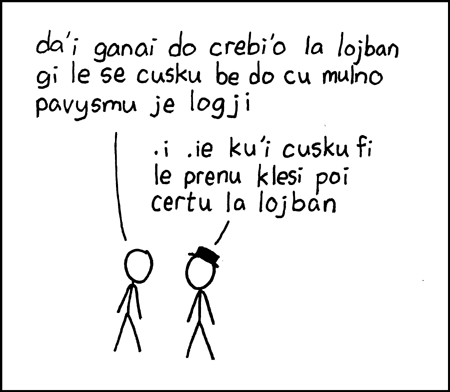I disagree only in your definition of violence. All violence equates to is force that is designed to cause physical injury or damage, up to and including lethal force. For example, self-defense is violence, particularly if it's in response to violence initiated against you. I've spent a lot of time and consideration on this topic, and semantics in general, because having a clear, precise explanation - being able to precisely articulate your message - is vitally important.
The distinction that makes some violence moral and other violence immoral is whether or not it was initiated. Reciprocal violence is not immoral; that's self-defense. Initiatory violence, on the other hand...
I think the definition of violence here is specific only to this article, for philosophical reasons.
Not sure though. Sometimes I'll define a term at the beginning of an essay, to ensure that the use of that term has been defined already, so there are no misconceptions.
I blame English, and its limited amount of words. When will Lojban be popular...?
The other issue I have is that his definition isn't even internally consistent. Words are not force. Neither is fraud. Neither of those are uses of force. What he's describing, using different and ambiguous language are acts of trespass, of which words still don't qualify.
Sure it is... I defined force as the capacity to do work or cause physical change. Verbal abuse such as yelling at someone if they don't do what you want is you trying to cause the physical change of them doing what you want and is therefore an (abusive) use of force. Misleading someone to take a particular action is causing the physical change of them taking the particular action and is therefore a use of force and since that person wouldn't take that action without being mislead it is a form of violence.
Your equating physical violence and verbal abuse, for example. These two are qualitatively different things, and confounding the two allows one to draw the conclusion that verbal abuse can be met with physical force in retaliation. In other words, I can beat you because your words "harmed me." How do you quantify harm from words? What measure could you possibly use?
Financial losses are one way that comes to mind. Words can also be used to incite physical attacks. I did qualify it with "sufficient force to get the person to stop". It's not an open-ended excuse for the use of force.
But that's an overbroad qualification when it comes to words and speech. Does it have to be an imminent threat of attack? Or can it just be violent speech. Would a phrase like "all X should kill themselves" warrant a physical response? What metric can you use to determine what warrants physical violence and what doesn't?
A general phrase like that is a statement of opinion. When I speak of verbal abuse I am talking about specifically directed towards a person. This actually has a measurable physically damaging effect upon the person that it is inflicted upon. Getting upset over someone's statement of their opinion is you causing yourself stress but when someone you live with is specifically directing abusive language to you in an abusive tone you can't escape the stress it causes and the resulting physical effects.
So if my roommate told me to kill myself repeatedly, I could use physical force against him?
Lozban! Never heard about this language before. Interesting! Do you speak this language? How difficult or easy it is to learn?

A cartoon by xkcd. Click this link for English version 😊